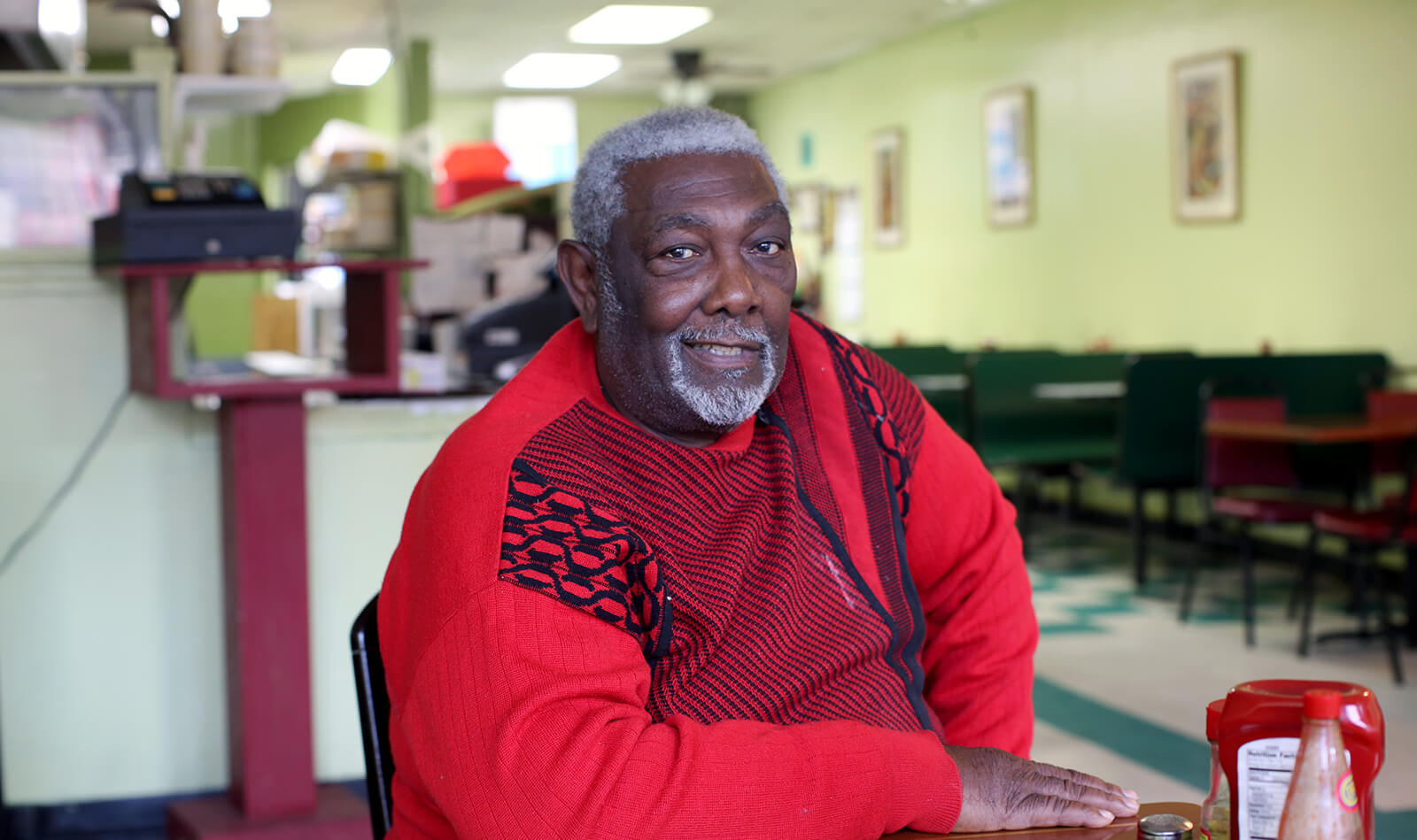The AFSCME family; the City of Memphis, Tennessee; and the nation are honoring the life of Baxter Leach, one of the key participants in the 1968 Memphis Sanitation Workers’ Strike and a figure in the continuing fight for workers’ and civil rights. Leach died Tuesday at the age of 79.
Leach and 1,299 other sanitation workers, members of AFSCME Local 1733, had grown fed up with the lack of dignity and respect and the inhumane conditions that were part of the job.
The workers were joined in their struggle for union recognition by Dr. Martin Luther King Jr., who came to Memphis to fight alongside them. It was in Memphis, during the strike, that Dr. King was assassinated, on April 4, 1968.
Leach, who worked for the City of Memphis for 43 years and retired in 2005, helped organize workers for AFSCME for years before the 1968 strike, and was involved in the civil rights struggle and the labor movement throughout his life.
A native of Mississippi who ended his formal schooling at age 14, Leach began working as a sanitation worker in Memphis in the early 1960s. Sanitation workers earned $1.80 an hour, worked with little rest and routinely put in 60 hours per week but got paid for only 40.
The racism of the era also victimized these workers, almost all of them African American men, as white supervisors called them “boy.” The workers’ simmering anger erupted into defiance with the declaration that “I AM A MAN,” which became the rallying cry of the strike. The slogan was inscribed on the now-iconic signs the workers carried as they marched for dignity and respect.
“If you sit down,” Leach said years later, “you don’t get nothing. If you stand up … you will get something. Stand, don’t sit down!”
